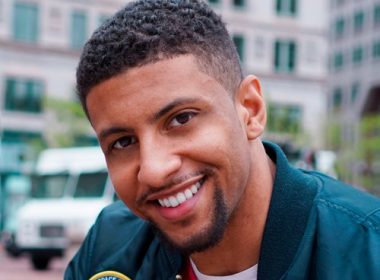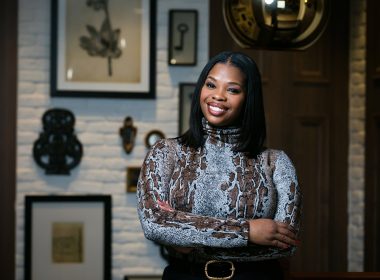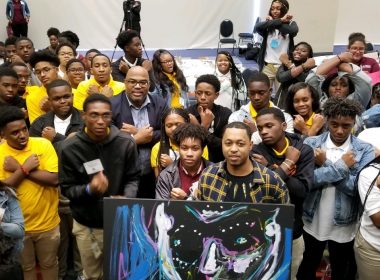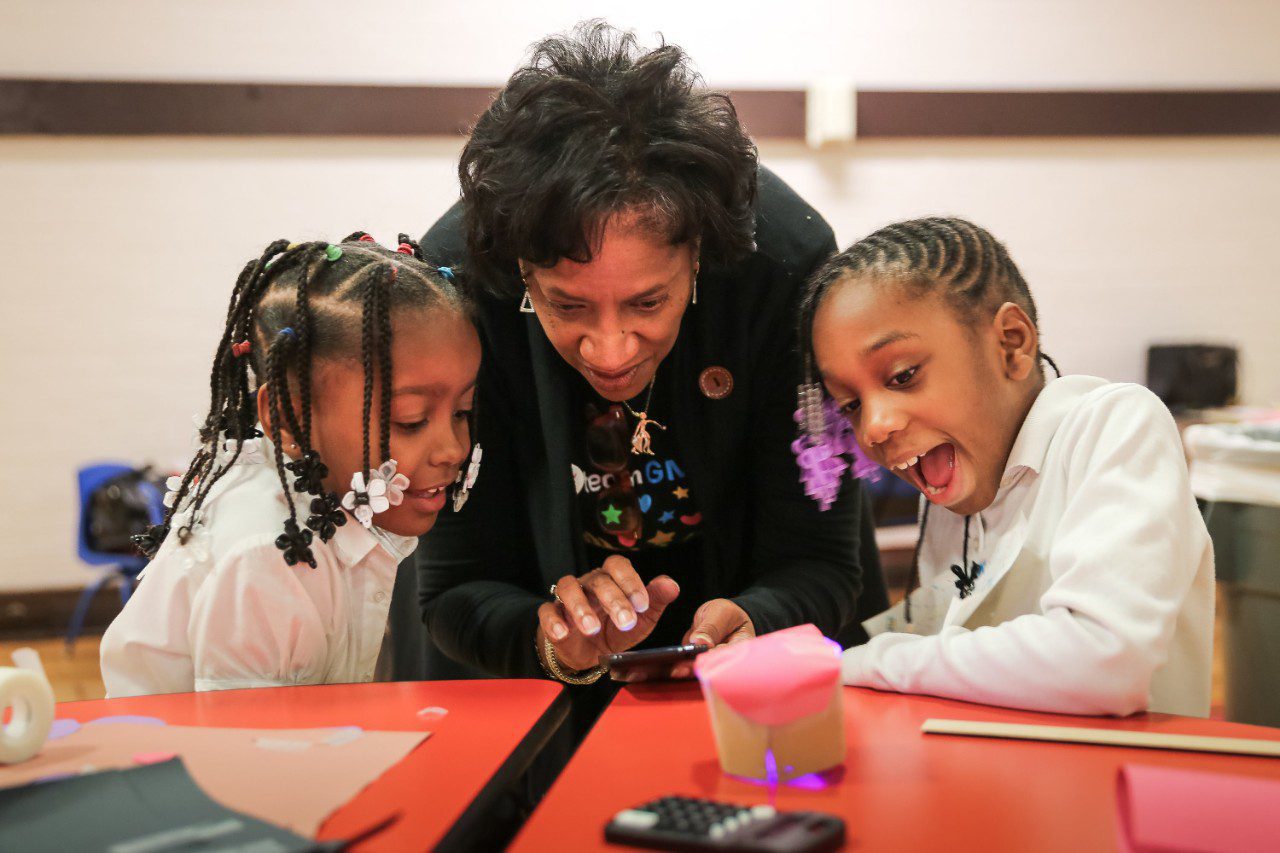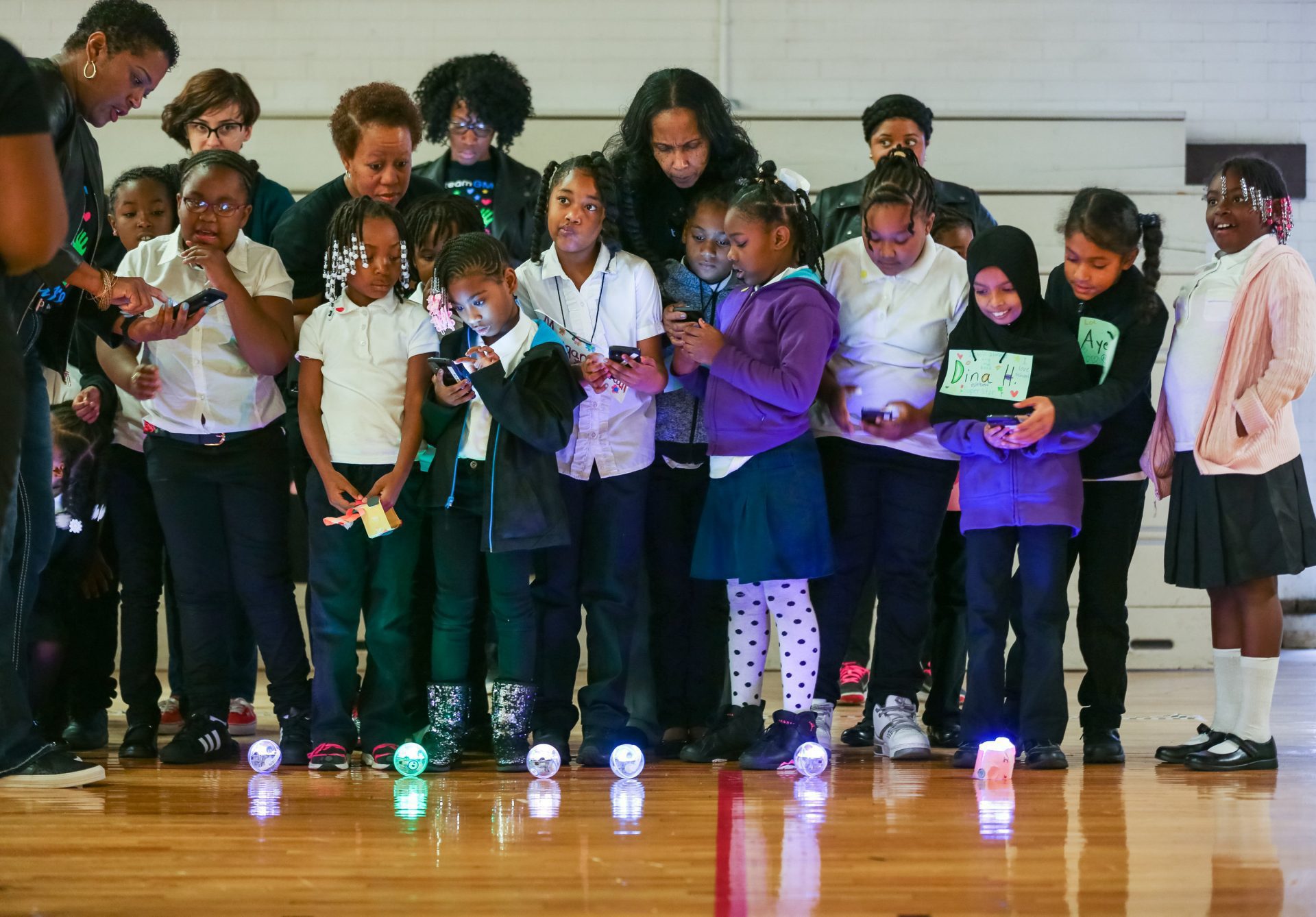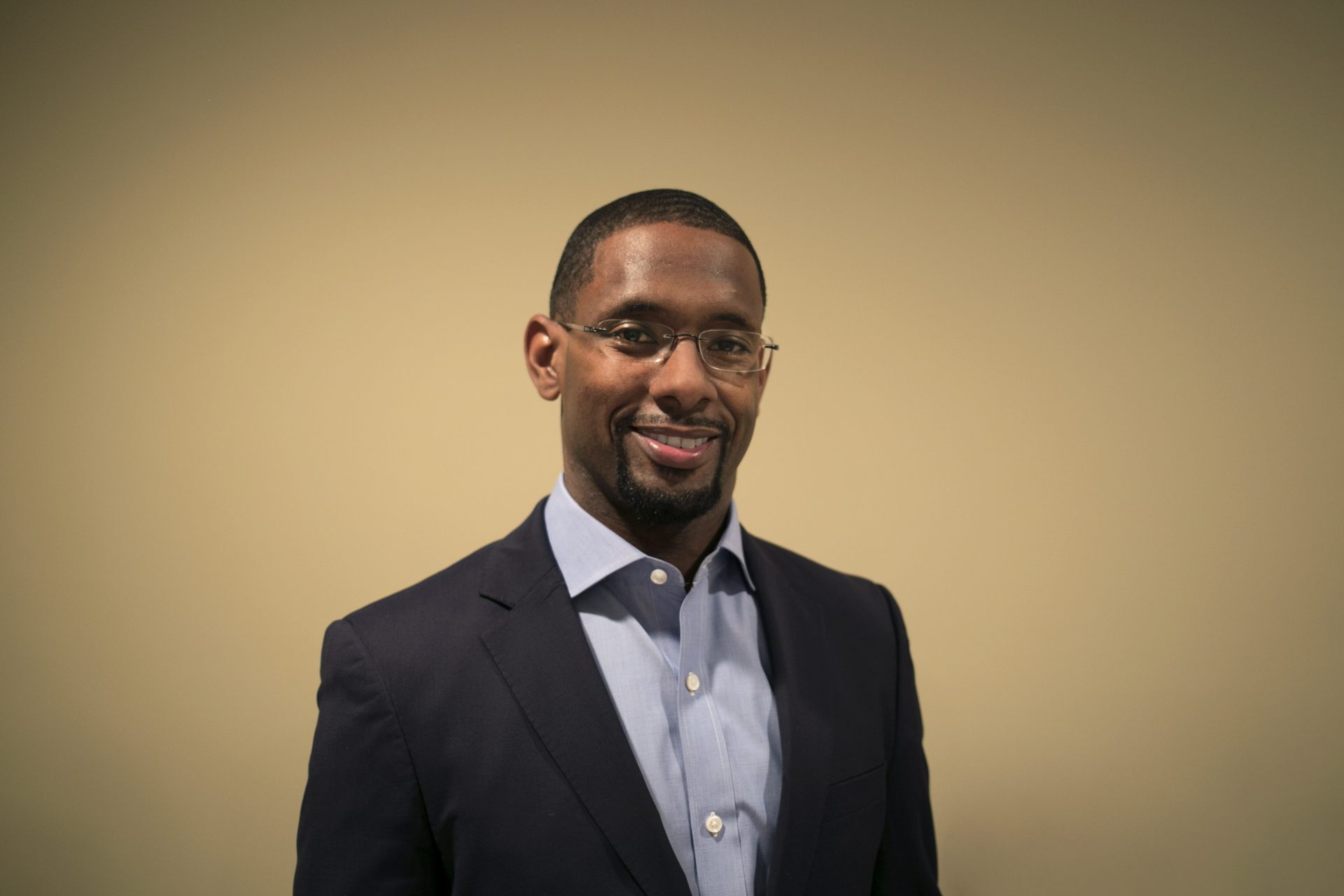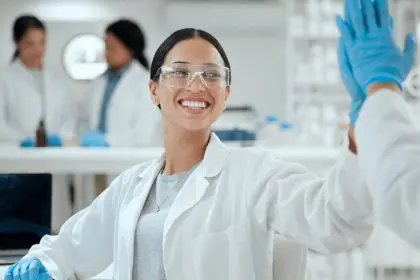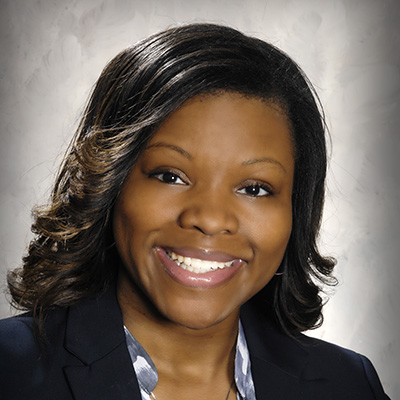
Tesha Alston has been a biochemist for a little over 10 years at 3M. She absolutely loves her job. A native of North Minneapolis, Alston is deeply rooted in the community. As a senior biochemist, she works daily researching new and innovative ways to combat cancer. Alston is a woman with super powers. Check out the rest of her story.
Why did you choose the career path of science?
Growing up, I was always interested in biology and science. I was fascinated with the body and how blood clotted. That pulled me in the direction of science. My interest in science was further cultivated once I got into college by my professors who saw that I was excelling in math and science courses. So I gravitated to the classes I did good in and that pulled me to the area of science.
Were there any programs or organizations that supported you along the way?
There were. When looking back over my career and even my educational background, I was able to go to a high school which had a medical magnet program. That is what really sparked my interest to explore the areas of health and science. Outside of that, I was really fortunate growing up in Minnesota. The University of Minnesota had various programs during the summer that catered to students of color who had an interest in math and science. My dad allowed me to attend some of those programs. I was just being curious, not knowing what that path would look like but it gave me an opportunity to explore.
What is your role as a biochemist at 3M?
Days can vary from day to day. I work with a group of scientists and we are working to develop new cancer therapies. On a high level, a typical day could consist of purifying human blood and screening the blood for cancer marks using new cancer compounds, then using the actual data to determine new therapies we should develop.
What advice would you give someone, particularly a young female, who chooses the STEM track as a career option?
Most careers and classes in STEM require [you] to have a strong background in math. I would encourage any young girl to go as far as possible in math, especially in high school. Go beyond the required courses in math, because once you get to college, often times it’s the math courses that cause us fail in areas of STEM. Once in college, [math] is accelerated and if you don’t have a strong foundation, it is very hard to keep up.
Another piece of advice I would give, especially to a young lady interested in STEM, is to find a mentor who is actually working in that area or someone who teaches in the area of STEM. Your mentor will hold you accountable and support you during those times when you may not succeed. My first semester in college my GPA was 1.75. I always like to tell students that because I didn’t do well my first semester, even though I was an A student in high school. After my first semester in college, I had to [decide] that I was going to succeed in this area, and I had a support system that held me accountable. I later graduated and went on to get a master’s degree in biological sciences with a 3.8 GPA. But looking back, that first semester was very trying and if I didn’t have a great support system I probably would have failed or flunked out.
What are your proudest achievements to date?
I think two things. My dad passed in 2012 from cancer. So I take pride in knowing that I go to work with a great team of scientists who are diligently working towards new therapies and treatments for cancer and even a possible cure for cancer. That is something I am proud of. I love what I do and the team I work with. I’m also proud of the fact [that] I have opportunities to volunteer and give back to my community. [Volunteering] landed me 3M’s global volunteering award. To be nominated and actually become a recipient of the award was humbling. When I volunteer, I do it not expecting anything in return nor do I expect to be recognized for something I am passionate about doing.
What periodicals keep you up to date on advancements in your area of study?
I personally don’t gravitate to any particular journal. At 3M we really believe in knowledge sharing. Oftentimes, we have the opportunities to bring in some of the world’s best scientists, professors, doctors (subject matter experts), to come to campus and talk about some of the innovative research and technology that’s advancing globally. Particularly, my group we often have a connection to the Society of Therapy Cancer Conference where we had an opportunity to present our research and studies we are doing at 3M.
If there was anything in the world that you could change, what would it be?
In the realm of science of course, it would have to be a cure for cancer. I know countless families who are affected by loved ones who lose their lives to cancer. In general, one thing I would change is having equal opportunity for [a] high-quality education for everyone.

